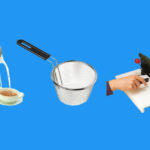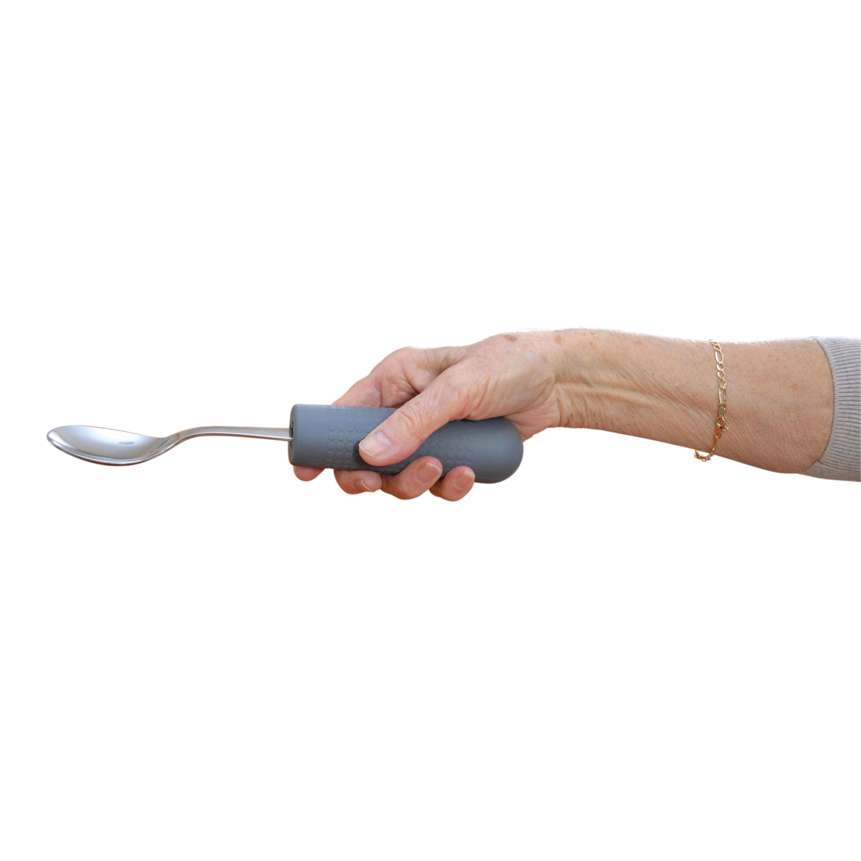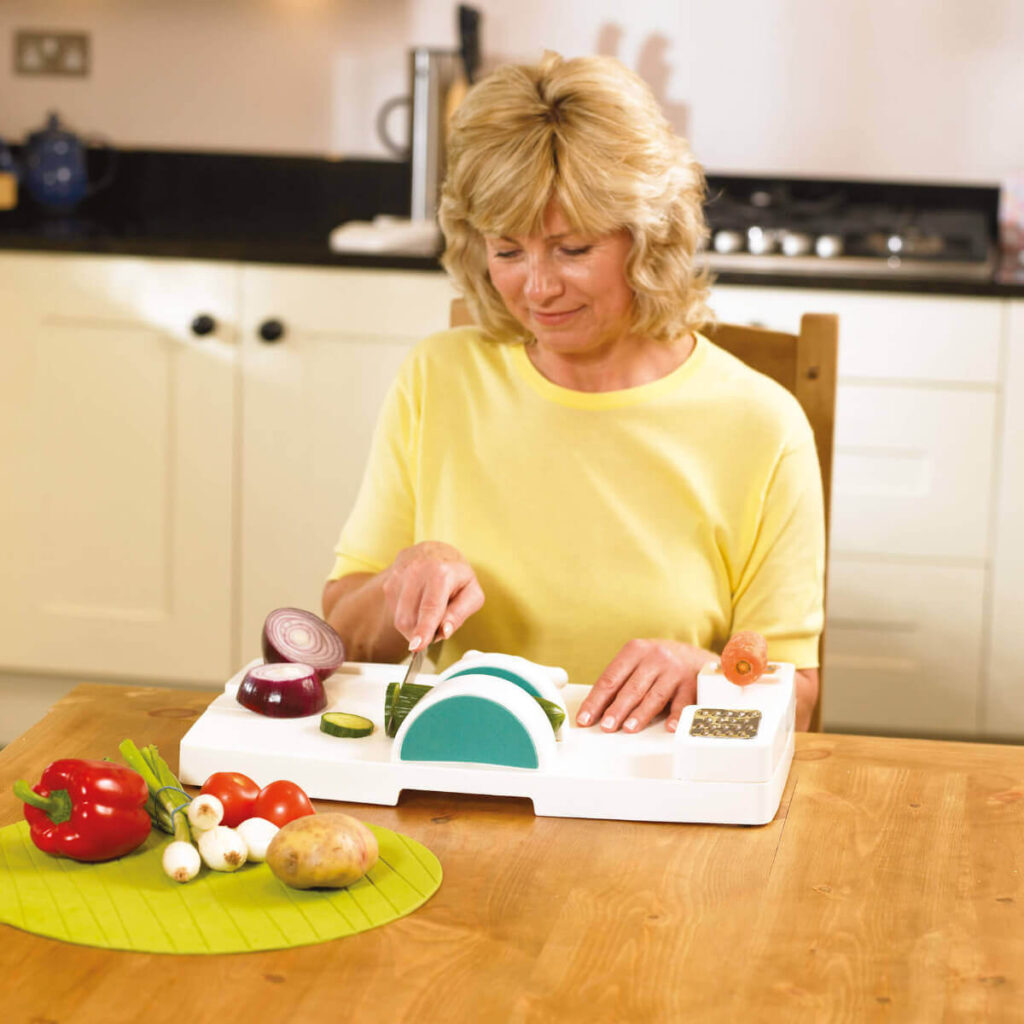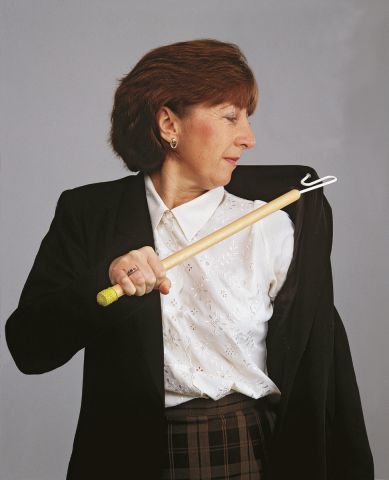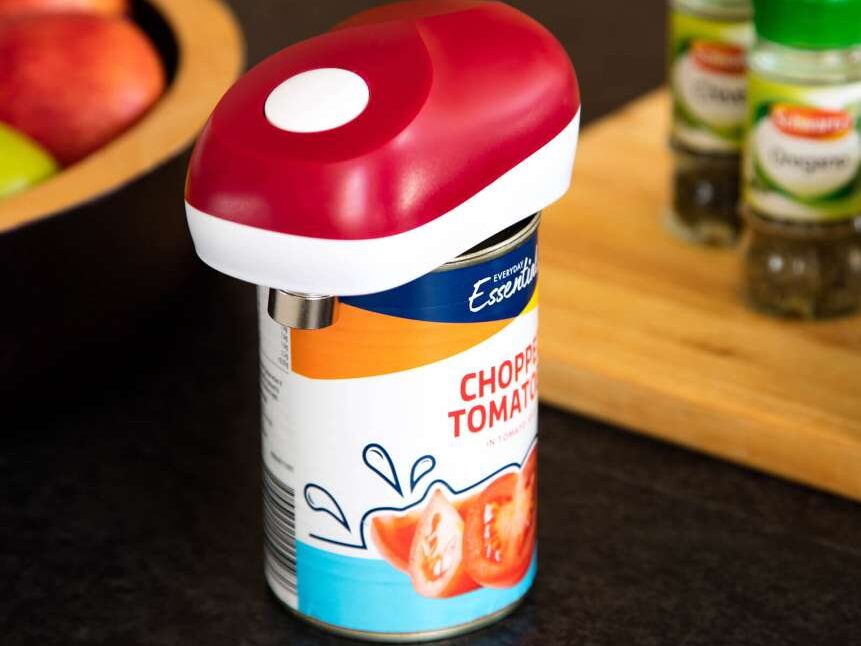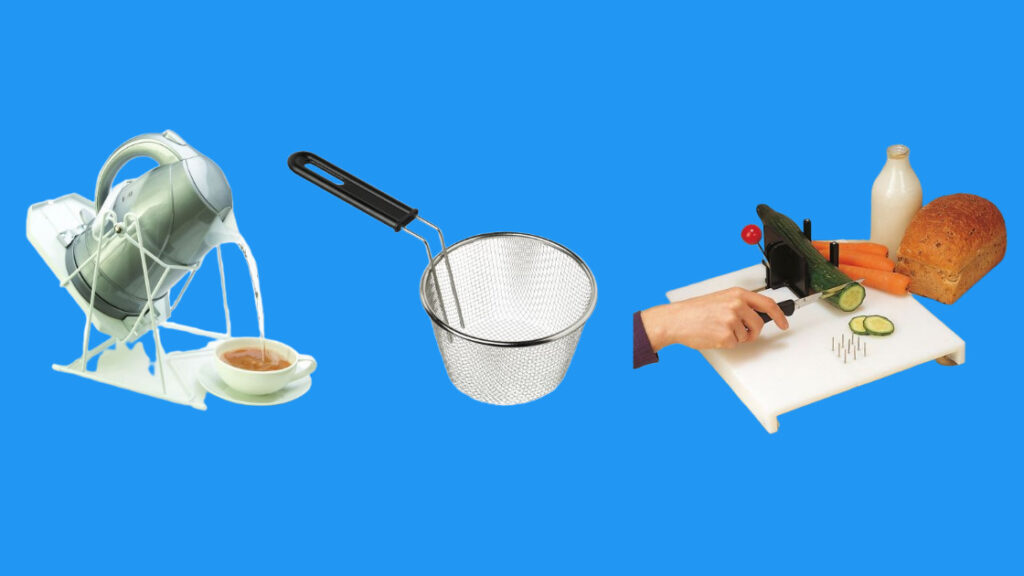
Are you or a loved one in need of kitchen aids to make cooking and meal preparation easier? This comprehensive buying guide is here to help! Whether you're elderly, disabled, or have limited mobility, finding the right kitchen aids can greatly enhance your cooking experience and increase your independence in the kitchen.
In this article, we will explore a variety of kitchen aids specifically designed for individuals with different needs and abilities. From ergonomic utensils and adaptive cutting boards to reachers and jar openers, we'll cover a range of products that can assist with chopping, slicing, opening containers, and more.
Our aim is to provide you with reliable information so you can make informed decisions about the best kitchen aids for your specific requirements. We understand that everyone's needs are unique, which is why we'll discuss the features to consider when choosing kitchen aids and provide recommendations based on customer reviews and expert opinions.
Don't let physical limitations hold you back in the kitchen. Discover the right kitchen aids to help you enjoy cooking and regain your culinary independence. Let's get started!
Importance of Kitchen Aids for Elderly and Disabled Individuals
Cooking and preparing meals are essential daily activities, but they can become challenging for elderly and disabled individuals. Kitchen aids are specially designed tools and devices that can make these tasks easier and more accessible. They are specifically crafted to accommodate different physical abilities and provide assistance where it is needed the most.
One of the primary benefits of kitchen aids is increased independence. By using the right tools, individuals can regain control over their cooking process and reduce reliance on others. This not only enhances their self-esteem but also promotes a sense of accomplishment and autonomy.
Moreover, kitchen aids can significantly improve safety in the kitchen. For individuals with limited mobility or dexterity, handling sharp objects or hot surfaces can be risky. However, with the right kitchen aids, these risks can be minimized, creating a safer cooking environment.
Lastly, kitchen aids can help promote a healthy lifestyle by enabling individuals to continue cooking nutritious meals. When cooking becomes easier and more enjoyable, individuals are more likely to engage in meal preparation, leading to a better overall diet and improved well-being.
Types of Kitchen Aids for Elderly and Disabled Individuals
There is a wide range of kitchen aids available to cater to the specific needs of elderly and disabled individuals. These aids are designed to address various challenges, ranging from limited mobility and strength to reduced dexterity and coordination. Let's explore some of the most common types of kitchen aids:
Ergonomic Utensils
Ergonomic utensils are designed with comfort and ease of use in mind. They feature specially shaped handles that provide a more secure grip, reducing strain on the hand and wrist. These utensils are particularly helpful for individuals with arthritis or limited hand strength.
Some examples of ergonomic utensils include adaptive forks, spoons, and knives. These utensils often have wider handles with textured grips, making them easier to hold and control. They may also have angled or bent handles to reduce wrist strain and improve maneuverability.
Adaptive Cutting Boards
Cutting fruits, vegetables, and other ingredients can be challenging for individuals with limited mobility or dexterity. Adaptive cutting boards are designed to make this task easier and safer. These cutting boards often feature built-in spikes or clamp systems to hold the food in place while cutting. Some cutting boards also have non-slip bases to prevent accidental slipping or sliding.
Reachers and Grabbers
Reachers and grabbers are essential kitchen aids for individuals with limited mobility or difficulties reaching high or low shelves. These tools have extendable arms with gripping mechanisms that allow users to reach objects without straining themselves. Reachers and grabbers are particularly useful for accessing items stored in cabinets or on high shelves.
Jar Openers
Opening jars can be a challenging task, especially for individuals with reduced hand strength or arthritis. Jar openers come in various designs, including handheld models and countertop versions. These aids provide a firm grip on the jar lid, making it easier to twist and open.
Stay tuned for the next section, where we will discuss the factors to consider when choosing kitchen aids for elderly and disabled individuals.

